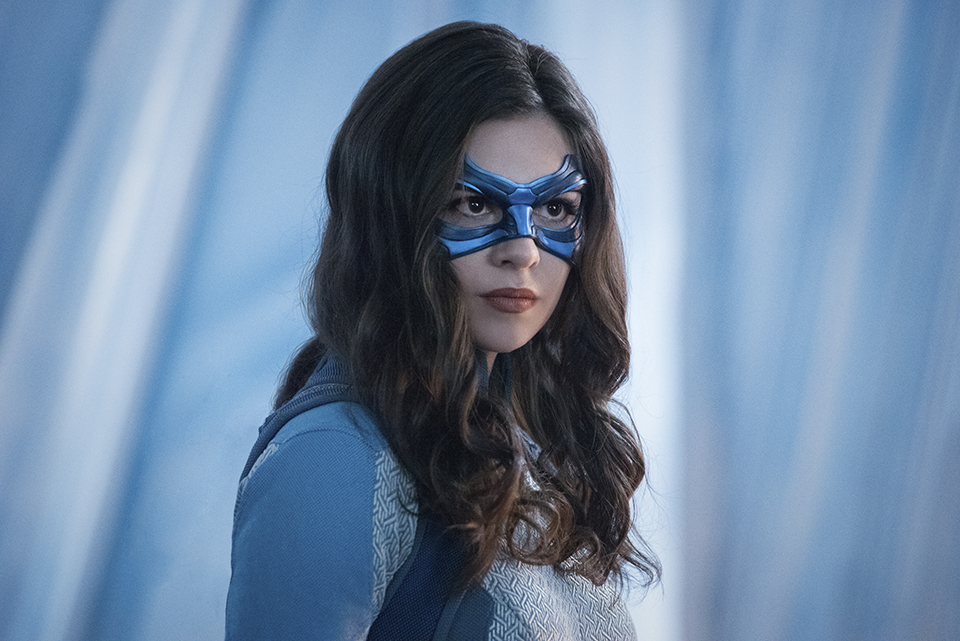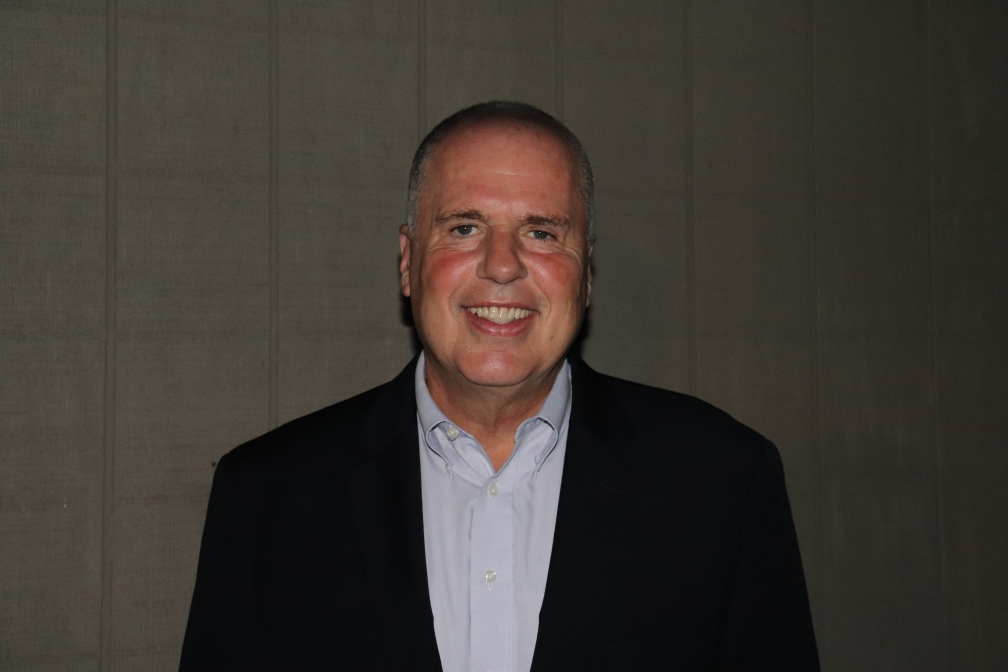Casting Conversation: The Fine Line Between Art and Realism
Representation of the LGBTQ+ community continues to make inroads

The smarter way to stay on top of broadcasting and cable industry. Sign up below
You are now subscribed
Your newsletter sign-up was successful
Once upon a time, LGBTQ+ representation on television came only sporadically, by way of series like comedies Ellen, Friends and Will & Grace, and dramas like L.A. Law and Queer as Folk. More recently, TV has made huge strides in representing the lesbian, gay, bisexual and transgender communities, both in scripted and nonscripted fare, courtesy of a wider array of entries, including dramas Orange is the New Black, Pose, Star Trek: Discovery, Supergirl and Batwoman, and nonscripted RuPaul’s Drag Race and Big Brother.
But the casting of LGBTQ roles in today’s market is still a sensitive and potentially controversial issue, which was the focus of the Pride TV Summit’s Casting Conversation, moderated by casting director Michael Donovan.
When is someone’s sexual orientation relevant to playing a gay role? What about gay actors who play straight roles and vice versa? Is there a mandate within the broadcasters and/or via the public for more LGBTQ storylines? More importantly, is the culture changing?
More Openness, Inclusion
“One hundred percent, things are changing in the industry,” said Caroline Dries, showrunner for The CW drama Batwoman. “There is a search for inclusion, and way more openness. And there is an excitement for these roles and a need for representation due to the raised awareness in social media.
“For me, as the creator and the storyteller, the No. 1 most important thing is that the character is authentic and a good representation of the community,” Dries added.
Debuting in October 2019, gay actress Ruby Rose as Kate Kane (aka Batwoman) made television history as the first openly lesbian superhero on television. After an unexpected exit in season one, bisexual actress Javicia Leslie was cast as Ryan Wilder, the new Batwoman.
“When we were casting Batwoman originally, we ultimately went with an out actor,” noted Dries. “In hindsight, thank God we did cast someone from the LGBTQ community, because of the amount of questions and conversations you are talking about on this subject. If we had cast a straight girl, it would have been a bit clumsy and awkward and probably would have felt inauthentic.
The smarter way to stay on top of broadcasting and cable industry. Sign up below
“I was also criticized because the character of Kate Kane was Jewish in the comic books and I did not cast a Jewish actress,” Dries added. “Basically, you just have to choose your battles.”
“Naturally, we cannot ask anyone about their sexuality when we cast a role,” Karen Barroeta, executive VP at NBCUniversal Telemundo Enterprises, observed. “Only if the actor or actress is open about it, then you know it. For us, it is very important not to discriminate based on sexuality or in any way.”
Citing straight actors Eric McCormack in Will & Grace, Darren Criss in The Assassination of Gianni Versace: American Crime Story, Tom Hanks in Philadelphia and Sean Penn in Milk as “performances we would have missed had we not had straight actors in the roles,” Donovan also offered a quick clarification. “That’s not to say a gay actor would not have been as good in those roles also,” he said.
Casting Without Limits
For transgender actress Nicole Maines, who portrays Nia Nal (Dreamer), a transgender superhero, on Supergirl, only auditioning for trans character roles would mean far fewer opportunities. “Trans women are women and we can play women of all types, reinforcing a positive message,” Maines said. “There is an idea of what trans looks like, and when we are able to portray ourselves and tell our own stories you can actually see it. But we should not just be limited to trans roles.”
“The most important thing is getting the stories out and telling the stories well because I think that, above all, changes hearts and minds,” casting director Margery Simkin said during the panel session. “And I hope the goal, in the end, is that anybody can play anything. That’s what acting is. It’s not about being who you are. It’s about who you are able to be through your craft and your ability.”
“Inclusivity is going to continue to grow,” Barroeta predicted. “And there will be a moment when it is all going to become normal and we are never going to have to say inclusive again."
Marc Berman is editor-in-chief for media-centric The Programming Insider (programminginsider.com), which pioneered the email newsletter format at its inception in 1999. Marc has written for a wide range of publications including Broadcasting + Cable, Next TV, Forbes, Newspro, Campaign US, The Hollywood Reporter and Variety. Known as “Mr. Television” at Mediaweek (now Adweek), Marc has appeared on camera on Entertainment Tonight, Extra, Inside Edition and CNN and MSNBC, among other series and outlets. He is a member of The Television Critics Association and The Broadcast Journalists Television Association. And Marc put his TV historian hat on as author of desk calendar Today in TV History.

